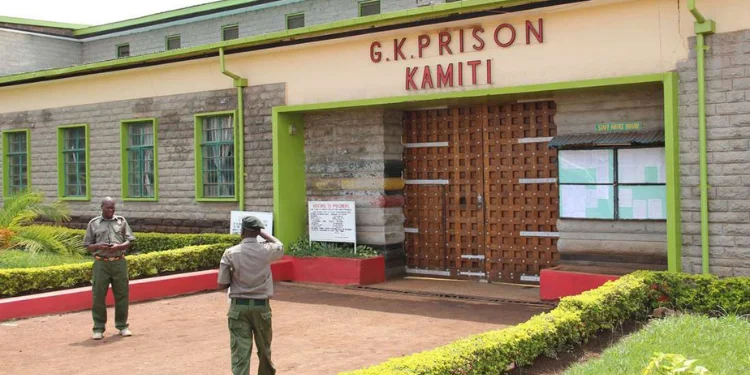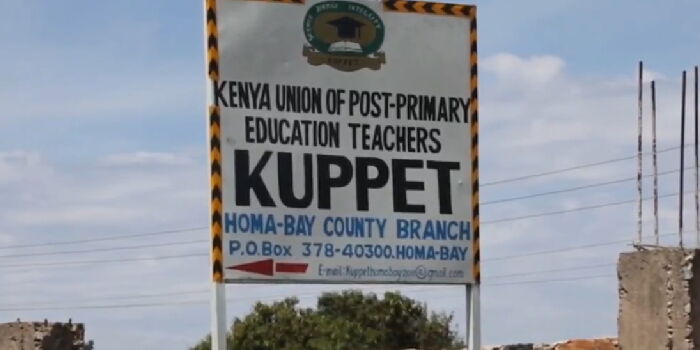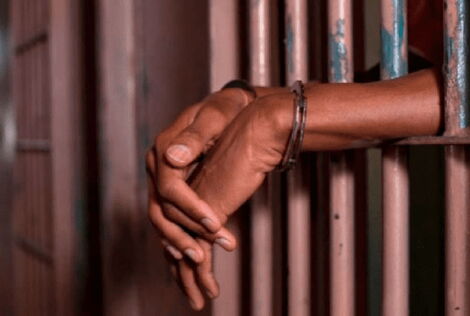A fierce public rift has erupted between Kenya’s legal profession and the judiciary as the LSK issued sharp criticism of its counterpart, the Kenya Magistrates and Judges Association (KMJA), over handling of protests at the Maua Law Courts in Meru County.
In a statement issued on Saturday night, LSK President Faith Odhiambo said the association’s response amounted to sweeping defence of judicial officers rather than addressing legitimate grievances raised by lawyers practising at Maua.
The backlash centres on events of 30 October when advocates reportedly blocked the vehicle of a sitting magistrate and chanted allegations of “thief” in heated protests.
The Dispute in Focus.
According to LSK, the protests did not emerge spontaneously but are symptomatic of long-standing tensions:Members say that repeated complaints about the conduct of certain judicial officers in Maua courts have been ignored by KMJA and the wider system.
The association accuses KMJA of issuing a statement that dismisses advocates’ actions as mere intimidation rather than recognizing deeper structural issues. LSK asserts that the routine practice of transferring, rather than investigating or sanctioning, errant judicial officers is inadequate.
It is calling on the Judicial Service Commission (JSC) to step in for a full inquiry. KMJA, for its part, condemned the protest actions at Maua as “a new and dangerous low” in bar-bench relations, describing the behaviour as harassment and intimidation of sitting judicial officers.
Significance of the Collapse in Bar-Bench Relations.
This public clearing of complaint lines between the bar and the bench is rare, and the consequences are substantial:Judicial legitimacy under pressure: When the legal fraternity vocally challenges the judiciary’s conduct, public confidence in the courts and in rule-of-law mechanisms may erode.
Professional cohesion and conduct: The breakdown suggests deeper fractures within Kenya’s justice system — between lawyers, magistrates and judges — which risks undermining legal aid, case backlogs and access to justice.
Accountability crisis: By highlighting that transfers are being used instead of meaningful investigations, LSK is signalling that institutional mechanisms for oversight may be failing. This raises questions about how errant officials are held to account.
What Comes Next.
The legal community, court users and public stakeholders will be watching several developments closely:A formal inquiry by JSC into the Maua courts situation is expected, potentially involving independent auditors.
Bar chapters may escalate action if no credible response follows — including strikes, court boycotts or petitions to oversight bodies.Judges and magistrates may come under increased public scrutiny, and KMJA’s defensive posture could further isolate it from the broader legal profession.Cases pending in Maua and neighbouring jurisdictions may face additional delays and uncertainty as procedural trust is shaken.
Conclusion.
With tensions between the Law Society of Kenya and the judges’ association laid bare, Kenya’s legal sector enters a turbulence not seen in recent years. What began as protests over conduct at a regional court has morphed into a national issue of accountability, institutional trust and the balance of power within the justice system.













Leave a Reply